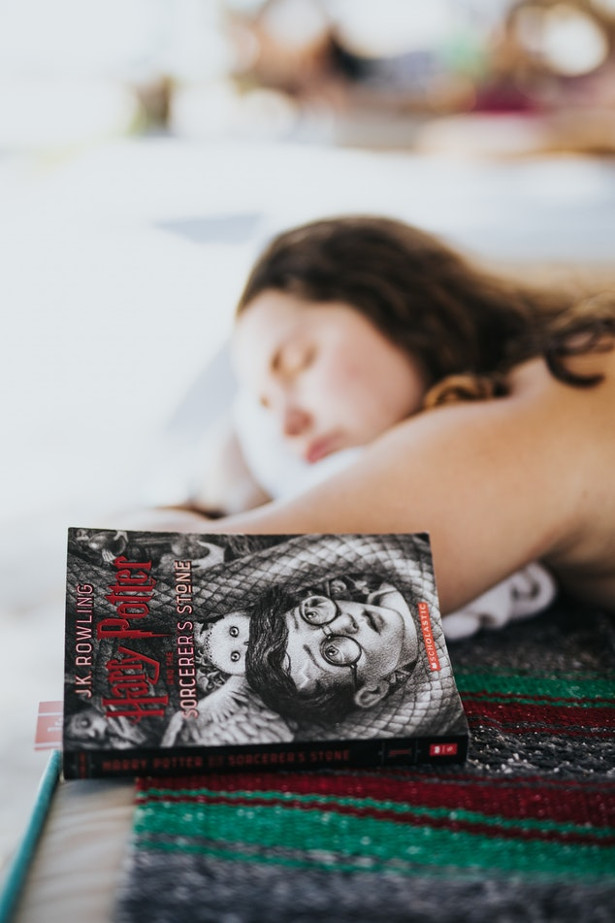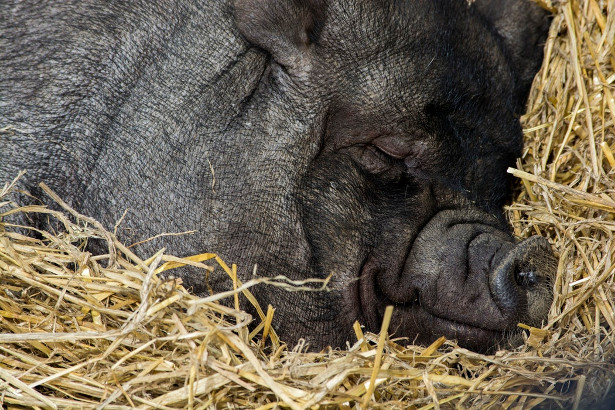The importance of sleep for your athletic performance. Rob Hobson, Healthspan Head of Nutrition. www.healthspan.co.uk

& www.healthspanelite.co.uk
TWITTER | FACEBOOK | YOUTUBE | PINTEREST
The life of a professional athlete is often a repetitive schedule of eating, training and sleeping, and all are equally as important to ensure the body is primed for competition. However, whilst what we eat and how hard we train are the result of conscious decision making, sleep is something we often have less control over and our ability to do so can be influenced by myriad of factors. According to The Sleep Council almost half of Britons (47%) say that stress and worry keeps them awake at night.
The optimum number of hours sleep is thought to be around eight but according to research carried out by The Royal Society of Public Health, most people only manage seven. Research carried out by the Sleep Council has also found that 33% of Brits only manage to get 5-6 hours each night whilst 7% endure less that five.
Whilst asleep your brain processes information, muscles and joints recovery from constant use during the day, production of the growth hormone somatotropin is increased, and protein is replenished in all parts of the body.
For professional sports people, the quality and duration of sleep can have an impact on performance. Sleep occurs in 90-minute cycles that work through 4 stages. The final stage of a sleep cycle is known as REM and this is when the brain consolidates memories and the body releases hormones and repairs itself. If sleep is cut short, then these processes can be affected.
From an athletic perspective, reductions in performance, decision-making ability, learning and cognition can occur alongside reductions in immune function and an increased susceptibility to weight gain.
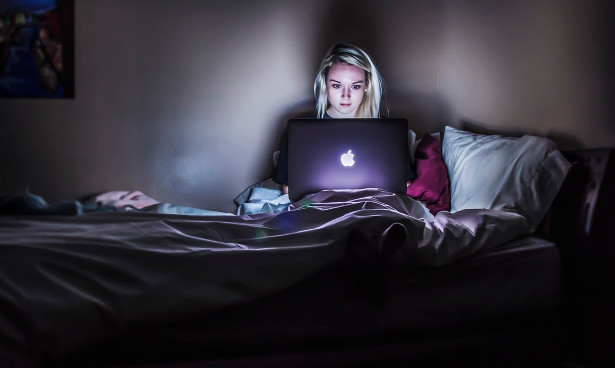
Research has shown how poor sleep can impact on split second decision-making which can impact on performance. It has also been suggested that poor sleep increases levels of the stress hormone, cortisol and decreases the production of glycogen, which is stored in muscles to release quick energy during exercise. These findings suggest that poor sleep may increase the chances of fatigue and low energy whilst also making it more difficult to focus during training and competition and slowing down the rate of recovery.
There are a number of things you can do to help encourage better sleep. Creating a ‘sleep-friendly’ bedroom environment should be first on your list. Clean bedding, cool temperature and an uncluttered bedroom can help and keeping things dark is important for the production of melatonin (the hormone that regulates the sleep-wake cycle). Burning relaxing oils or using pillow sprays such as lavender can have a soporific effect that may help. Hot baths, meditation and other techniques can also help to relax your mind.
Diet can have an impact too and these tips may help you to eat and drink your way to better sleep:
Reduce Stimulants
This is obvious but cutting back on caffeine and other drinks that are designed to stimulate the nervous system won’t do you any favours. Coffee, tea and energy drinks are all included. Switch to decaffeinated varieties and try relaxing herbal teas such as valerian or chamomile before bed.

Cut back on fluids before bed
There is nothing more annoying once you have managed to fall asleep than having to get up to use the bathroom. Try not to drink anything after dinner as this can reduce you need to visit the bathroom during the night.

Don’t eat too late
Eating just before you go to bed can encourage heartburn, indigestion and reflux in some people. Heavy meals in particular take longer to be digested and emptied from the stomach and make things even worse. Keep meals light at night and eat a few hours before bed.

Watch the booze
This is a bit of a double-edged sword. A little alcohol can help to induce sleep, but even small amounts can cause fragmented sleep. Alcohol can exacerbate insomnia and it also impairs rapid eye movement (REM), which is the restorative part of our sleep cycle. Alcohol also dehydrates, which can disrupt sleep.
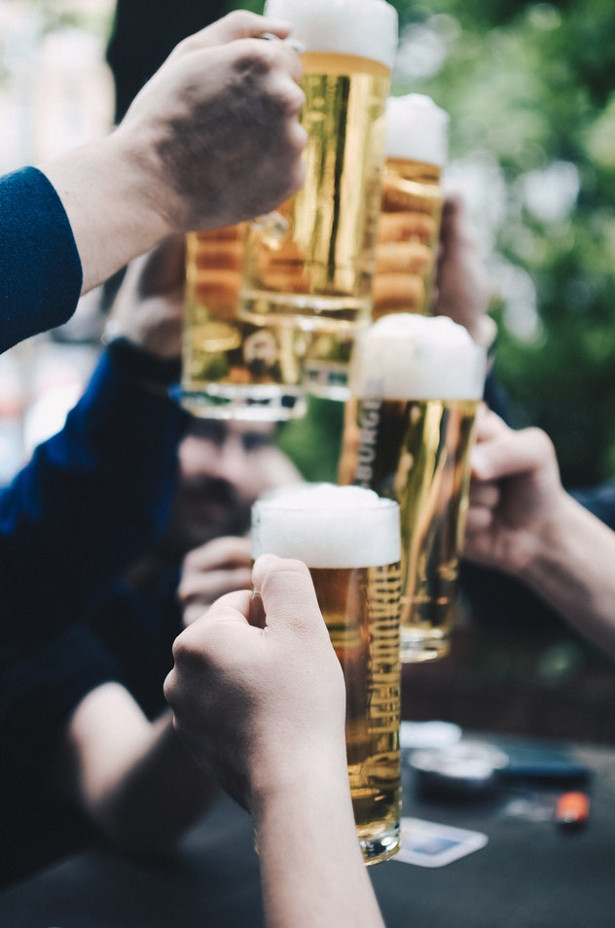
Sleep hormones
The amino acid tryptophan is required to make melatonin in the brain, which controls the sleep-wake cycle. Tryptophan-rich foods include meat, poultry, tofu, dairy foods and fruits such as bananas. Combining with low to medium glycaemic carbs can help with the uptake of this amino acid. Try combining milk with honey or white rice with turkey.
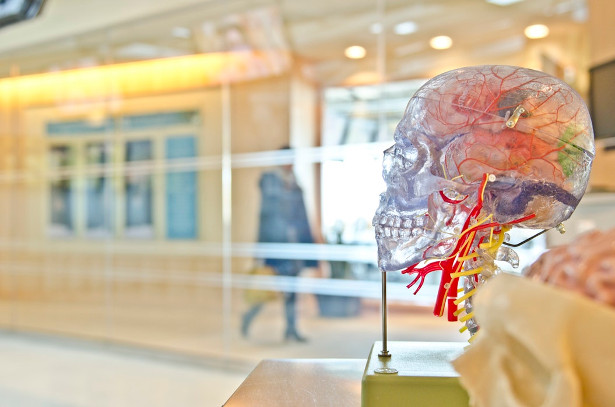
Calcium and magnesium
There is some research that suggests these two minerals may be linked to poor sleep. Magnesium is involved in many processes within the body including muscle relaxation and low intakes have been shown to make it harder to stay asleep. Good sources of magnesium include green veggies, beans, nuts, seeds and wholegrains. Calcium helps the brain use tryptophan to make melatonin and Low intakes of calcium have also been shown to make it more difficult to fall asleep. Good sources include dairy foods, green vegetables and soy.

Oily fish
This group of fish are rich in vitamin B6 and especially mackerel. This vitamin is required by the body to make melatonin, the hormone that controls your sleep-wake cycle. Most of us get enough B6 but stress can deplete the body of this vitamin. Other sources include nuts, seeds, bananas and avocados.




